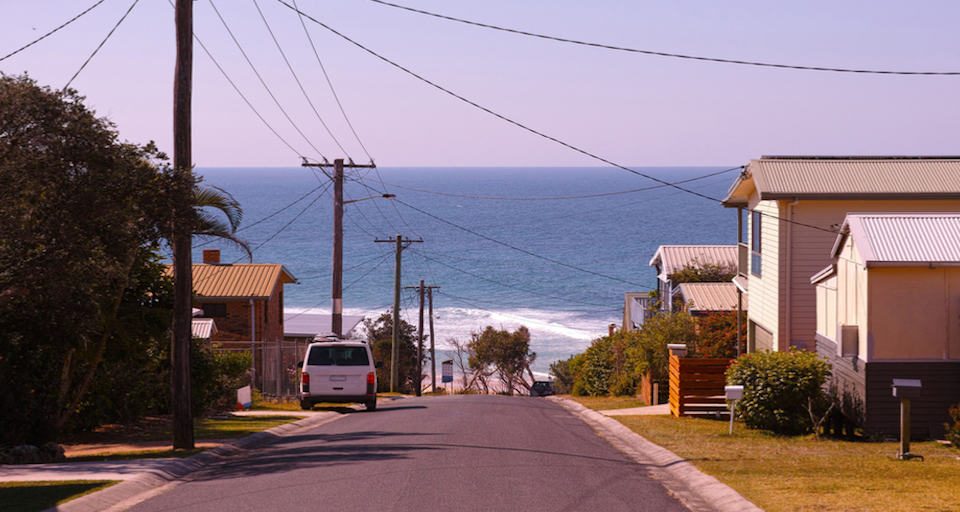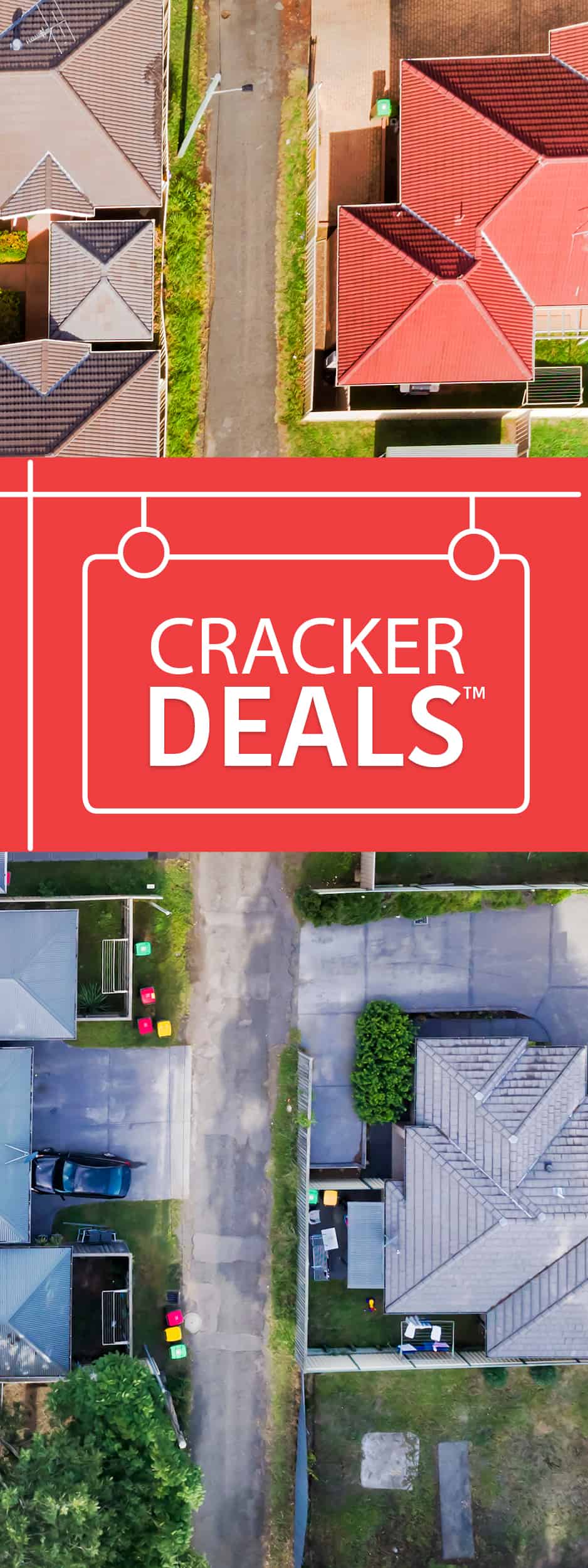- The first step is making the call.
- 1300 022 482
- hello@searchpartyproperty.com.au
Safe Property Investing – Really?

Property as a wealth creation strategy has withstood the test of time. Near next to ever 10 years property values in Australian capital cities have doubled. Sounds safe enough?!!
We all have heard or had first-hand experience of a dud property investment. Something that sounded good at the time but turned the climb of wealth creation into a hollow dream.
So how do you avoid this situation, and milk the most out of an opportune market with as close to a safe property investing strategy as possible, without losing your pants.
1.Invest in areas that people want to work and live in. This is key. Do the research on the future planning of an area. What are the infrastructure growth plans, what businesses are and will be in the area to provide employment, what is the industry trends of those businesses – also worth the investigation. If someone isn’t doing on the ground research for you, then make sure you do it yourself. The talk of the town can bring information that brings further clarity to your decision-making process.
2.Work on calculated risks rather than speculation. Calculated risks are the risks that you are aware of and factor in, into your decision making and contingency planning. Get help with this. Even the experts can miss something. Hence the importance of having a team of experts around you or someone who has access to a team of experts around them. Build the story as to whether this is the right investment strategy for you, based on where you are currently at and where you want to go.
3.Capital City Investments are safer. They are less volatile to the impact of ‘one trick pony town’ decisions (made by the council, a large business, a large property owner, etc). The return on your capital city investment may take longer to attain, but it will come. So, approach this as a long-term investment strategy. Unless the market conditions are in your favour. However, in saying this, don’t forget to factor in the costs of selling and buying, e.g. Stamp Duty, Real Estate fees, Solicitor fees and Bank fees, etc.
4.Maintain your relationships in property over the years. Keep in contact with the team you build and continue to build. The experience of going through varies property cycles and learning through each one, with the support of others, will not only broaden your understanding and experience, but provide an insight to how others respond and verbalise their thoughts concerning market change.
5.Stay on top of any government legislation changes to investing. How do they affect you? What are the future benefits and/or implications? How will they influence market conditions? Also understand why a change has been made. So, you can have a depth of knowledge as to the big picture plans that the government is working to create.
6.Diversify your risk. Don’t have all your eggs in one property worth $2m. Spread it across 4 properties worth $500K. Losing a tenant in one property will completely remove your revenue stream. When it comes to selling, if one property doesn’t perform you have an opportunity to make it up with the other properties.
7.No one likes this much but have patience. This is one of the good things about property investing. It can be a set and forget, if you want it to. In the event you have a bump in the road, and you find your place without a tenant for a period of time, l would focus on the 3-5-year gain, not the couple of months that you don’t have a tenant. Let the long-term objective of your property investment strategy give you the big picture perspective.
8.Think about what buffers you can put in place, so if the bump in the road comes, you are more than the prepared. Your buffer could be one of the following: a cash buffer, further education, set yourself up for your next job promotion, second job, reducing living expenses, line of credit, new income streams (e.g. Airbnb, Uber, Rent Your Car Space, Ebay Sales, etc).
If you are interested in a safe property investing strategy, you will find this helpful. How to get started in Property Investing.




